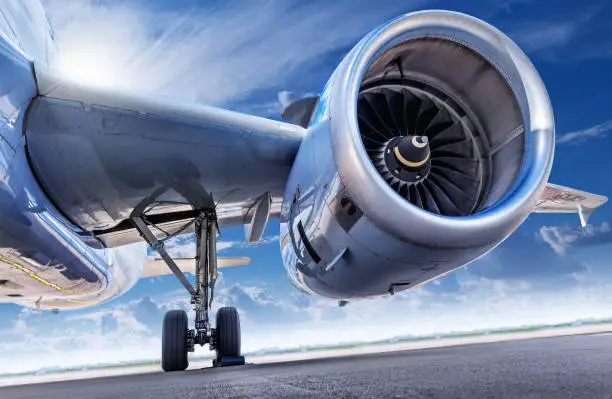Aircraft parts must comply with international and national regulations to ensure the safety, reliability, and airworthiness of aircraft. These regulations are in place to maintain high standards across the aviation industry, protecting passengers, crew, and aircraft. Compliance is not just a legal requirement but a crucial aspect of maintaining the integrity of the aviation sector.
Let us delve into the five vital reasons why aircraft parts must comply with these stringent regulations.
Ensures safety
The primary purpose of regulations is to ensure the safety of aircraft operations. Complying with international and national standards guarantees that aircraft parts are tested and proven to function correctly under various conditions, reducing the risk of accidents.
Maintains airworthiness
Regulatory compliance is essential for maintaining the airworthiness of an aircraft. Only parts that meet specific standards are allowed to be used in aircraft, ensuring that the entire system operates reliably and safely. Non-compliant parts could lead to failures and grounding of the aircraft.
Facilitates global operations
Aircraft often operate in multiple countries, making it essential that their parts comply with international regulations. Compliance ensures that aircraft can operate seamlessly across borders without facing legal or operational challenges, facilitating global aviation operations.
Protects manufacturer and operator reputation
Using compliant parts protects the reputation of both manufacturers and operators. Non-compliance can lead to legal issues, financial penalties, and damage to credibility. By adhering to regulations, companies demonstrate their commitment to safety and quality.
Avoids legal and financial consequences
Failure to comply with regulations can result in severe legal and financial consequences, including fines, lawsuits, and grounding of aircraft. Compliance ensures that companies avoid these risks, protecting their business and ensuring continuous operations.
To sum up
Ensuring that aircraft parts comply with international and national regulations is vital for safety, airworthiness, global operations, reputation, and avoiding legal consequences.

